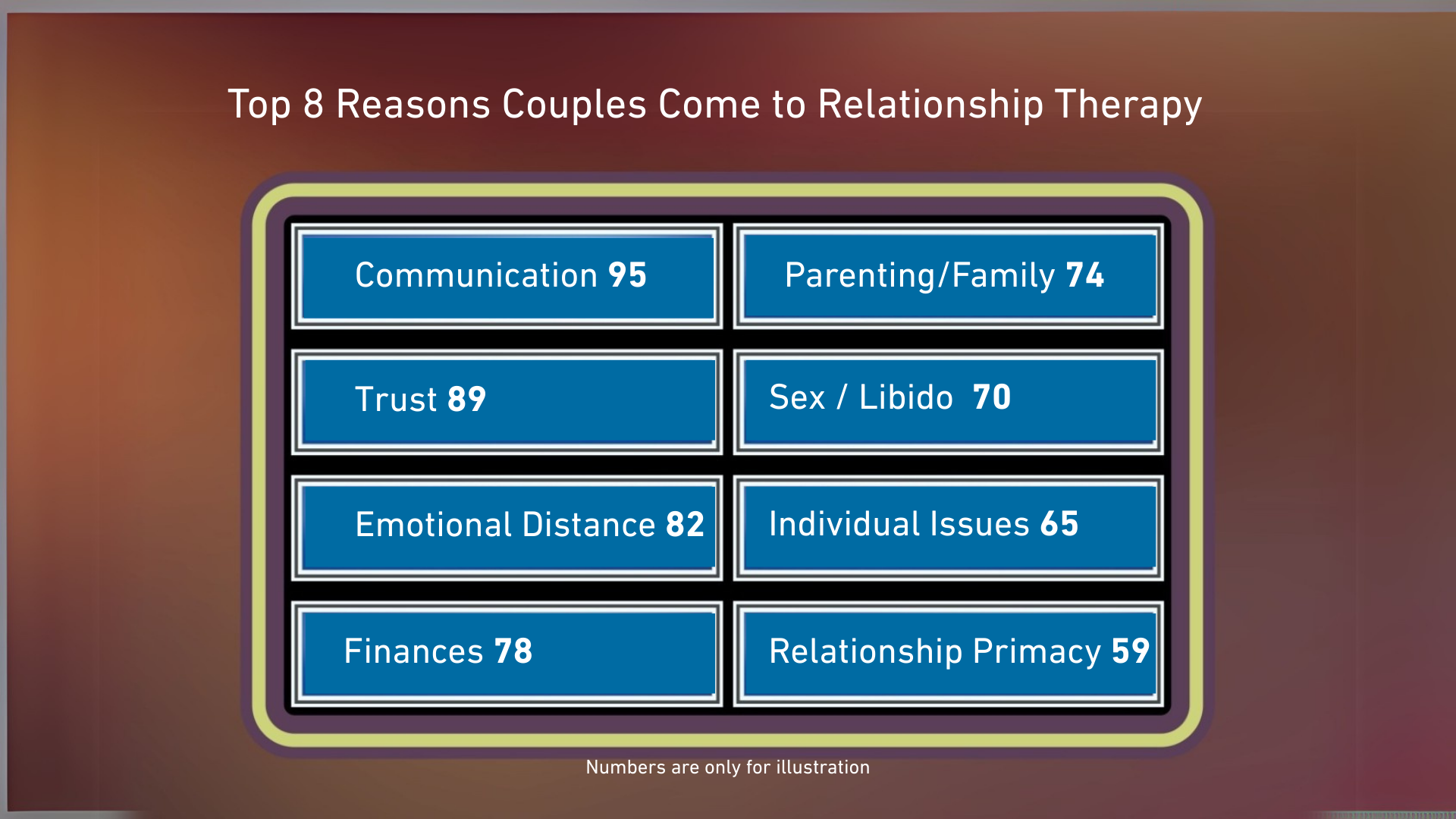Long-distance relationships (LDRs) are a test of commitment, emotional endurance, and compatibility. Some couples thrive in them, while others struggle to maintain intimacy across miles. Having personally navigated an LDR and learned difficult lessons, I want to share my experience through the lens of Sternberg’s Triangular Theory of Love and Gary Chapman’s Five Love Languages to understand why my relationship ultimately failed.
Understanding Sternberg’s Triangular Theory of Love
Psychologist Robert Sternberg proposed the Triangular Theory of Love, which defines love as having three core components:
-
Intimacy – Emotional closeness, deep communication, and bonding.
-
Passion – Physical attraction and romantic intensity.
-
Commitment – The conscious decision to remain together long-term.
The combination (or lack) of these elements determines different types of love:
-
Romantic Love (Passion + Intimacy)
-
Companionate Love (Intimacy + Commitment)
-
Fatuous Love (Passion + Commitment)
-
Consummate Love (Passion + Intimacy + Commitment) – The ideal form of love
In my past marriage, commitment was strong, intimacy was moderate, but passion was lacking. This imbalance led to an emotional and physical disconnect. Post-divorce, I sought to understand myself better through therapy and self-reflection, and I realized I longed for a relationship that included all three components.
Then, just as I was planning to move from the United States to New Zealand, I met someone who reignited passion and intimacy in a way I hadn’t experienced before. We had incredible chemistry, could talk for hours, and shared the same love language: physical touch. But one major issue loomed—I was set to leave in three months.
The Honeymoon Phase: Passion, But No Long-Term Plan
Our relationship began with an intense honeymoon period, fueled by what scientists call phenylethylamine (PEA), the neurochemical responsible for infatuation. Sternberg noted that, “Passion is the quickest to develop, and also the quickest to fade.”
While our passion and intimacy skyrocketed, commitment remained ambiguous. I was transparent about my plan to move abroad, and she had past experience in long-distance relationships. I assumed that honesty equated to trust. However, trust isn’t just about honesty—it’s about certainty.
If you want to learn how to use the honeymoon phase to create long lasting love you may want to consider The 5 Secrets of Relationship Champions.
Gary Chapman’s Love Languages & LDR Challenges
According to Gary Chapman, love is expressed and received through five primary "love languages":
-
Words of Affirmation
-
Acts of Service
-
Receiving Gifts
-
Quality Time
-
Physical Touch
Chapman argues that understanding and speaking your partner’s love language is crucial for a thriving relationship. Our primary love language was physical touch, something incredibly difficult to sustain in an LDR. Video calls, texts, and letters simply couldn’t replicate the emotional reassurance that physical closeness provided. Over time, this unmet need eroded our connection.
Where It Fell Apart: The Role of Ambiguous Commitment
The biggest flaw in our relationship was the lack of a defined long-term plan. I left the U.S. with an undefined commitment, only fully realizing my emotional investment after I was already gone. By then, the distance had taken its toll.
Sternberg suggests that commitment is what stabilizes a relationship, and that “without commitment, even the greatest passion and intimacy are fleeting.” My mistake was failing to understand that ambiguous commitment can be as damaging as dishonesty—not intentionally misleading, but still creating uncertainty that weakens trust.
Some people can sustain long-distance relationships because they feel secure in their love, while others need physical proximity to reinforce emotional safety. My partner needed certainty—a clear roadmap of where we were going. But I assumed that because I was open about my feelings, I was offering security.
The Psychological Strains of Long-Distance Love
Beyond love languages and commitment issues, long-distance relationships introduce unique psychological challenges:
-
Time Zone Differences & Communication Gaps – Misalignment in daily routines creates asynchronous bonding.
-
Delayed Conflict Resolution – Physical presence allows for non-verbal reassurance, but distance forces reliance on words alone.
-
Idealization of the Relationship – Many LDRs suffer from over-romanticization in the absence of everyday struggles.
-
Jealousy & Uncertainty – The inability to physically “check in” with a partner leads to anxiety and insecurity.
Key Lessons from My Experience
Looking back, here’s what I wish I had known before entering a long-distance relationship:
✅ Know Yourself First – Not everyone is built for LDRs. If physical closeness is essential to your emotional well-being, don’t ignore that need.
✅ Define the Commitment Before Separation – Leaving with an ambiguous commitment creates trust issues. Set clear expectations before the distance begins.
✅ Assess Love Language Compatibility – If your love language is physical touch, recognize that LDRs will challenge your ability to feel loved and secure.
✅ Recognize the Power of the Honeymoon Phase – Intense passion at the start doesn’t predict long-term success. Plan for when reality sets in.
✅ A Partner’s Past LDR Experience Doesn’t Guarantee Success – Every relationship is unique. Just because someone has successfully done LDRs before doesn’t mean it will work this time.
Final Thoughts: Why My LDR Didn’t Work
In the end, my long-distance relationship didn’t fail because of love—it failed because of uncertainty and unmet needs.
Sternberg was right: passion and intimacy can spark a powerful connection, but without commitment, love struggles to survive. And Gary Chapman’s insight helped me realize that when love languages aren’t compatible with the circumstances, even strong relationships weaken.
Can long-distance relationships work? Absolutely. But they demand clear commitment, deep trust, and a mutual understanding of how both partners experience love.
For me, I learned that I personally need physical closeness to sustain emotional security, and that long-distance relationships aren’t for everyone. And that’s okay.
Have You Been in a Long-Distance Relationship?
I’d love to hear from others—what have you learned from being in an LDR? What worked, and what didn’t?
📢 Share your thoughts in the comments!
References & Further Reading:
-
Sternberg, R. (1986). "A Triangular Theory of Love." Psychological Review.
-
Chapman, G. (1995). The Five Love Languages: How to Express Heartfelt Commitment to Your Mate.
Would you like to work with a relationship therapist to navigate your own challenges? I meet with couples and individuals to help them 'Find their Therapist' and create relationship improvement plans.






